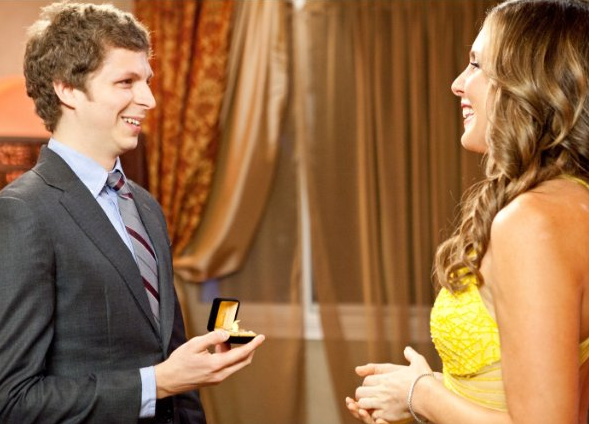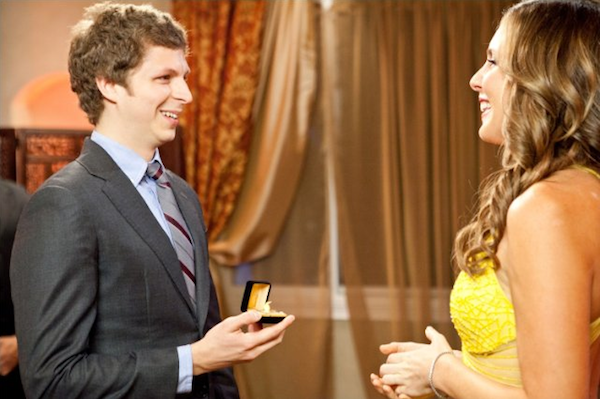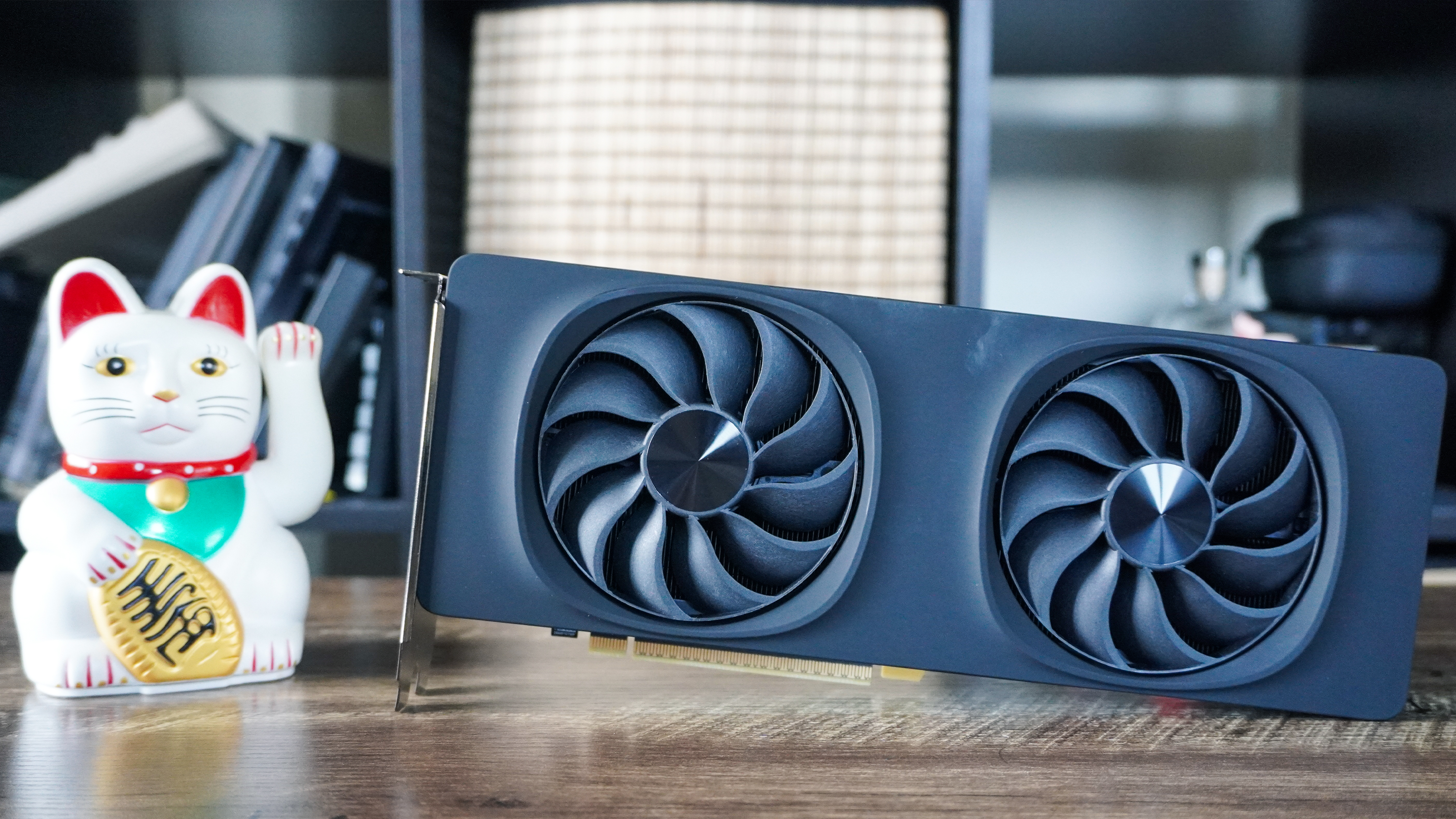Online TV Is Bigger than Just Netflix and Hulu
Cord-cutting talk is about changing the wire that delivers the same old 'TV' shows. What about changing the shows from 'TV' to pure online?


NEW YORK — "Eleven-year-olds don't watch TV, but watch four hours of YouTube and subscribe to 25 YouTube channels," said Nick DeMartino of online video company Theatrics.com (and formerly of the American Film Institute) at the Future of Television conference here this week.
That observation adds a new dimension to the so-called "cord-cutting" topic. Up till now, the topic has been about people opting out of a cable-TV subscription to watch TV over an Internet connection — legally for what Netflix offers and illegally for many HBO shows like "Game of Thrones." But regardless of how users watch the show — via a digital broadcast or a digital stream over the same thick, black wire — it's still about watching mainstream TV.
MORE: 5 Easy Tips for Buying an HDTV
What about shows that aren't from (and may never go to) the broadcast networks or cable channels — from "The Annoying Orange" on YouTube to Ben Stiller's reality dating show spoof "Burning Love" on Yahoo to the sketch comedy found on Funny or Die's website?
"Is it right that everyone wants to migrate to cable?" DeMartino asked, pointing out how "The Annoying Orange" spent two years trying to get onto Cartoon Network. "That's an exception, and they are still getting most of their fan base on the Internet," he said.
It was a stark contrast to what Joan Gillman of Time Warner Cable said earlier in the morning. "If we can keep up with what the millennials want to see … then we will be just fine," she said. For Time Warner, it's about getting the good online shows — YouTube breakout hits, for example, onto cable.
But a lot of Internet show makers have little or no interest in getting on cable. CollegeHumor is getting millions of views per clip on Web videos such as its "Batman" spoofs. "What's special about our content is we can go directly to our fans and engage them on the platforms they are on," said Shane Rahmani, general manager of CollegeHumor. That also means they are made to "go viral" — get passed along online.
Get instant access to breaking news, the hottest reviews, great deals and helpful tips.
"We watch all this stuff because somebody clicks on it," DeMartino said. "It's not like I wake up the morning and say, 'I wonder what CollegeHumor has to offer today.'" The same goes for the networks, he said. "I never watch Jimmy Fallon on TV. I watch it because it's on the Internet."
MORE: Best Shows on Netflix, Hulu, Amazon and Yahoo Right Now
CollegeHumor is also working on a long-form comedy show, Rahmani told Tom's Guide. And it's open to running the show on TV if a cable company is interested, but the show will go on regardless.
That goes beyond Netflix making its own HBO-style TV shows like "House of Cards." Pure Internet video isn't designed to be like TV shows or to move onto TV some day. It doesn't need to.
The future of online video might go beyond even Netflix to a site like Blip.tv, a website that acts as a kind of cable TV provider solely for online videos.
It's those 11-year-olds that may really decide what online video means. It might ultimately not be about claiming to cut the cord while actually just switching to the Internet cord to watch all the same shows. It may instead be about not even registering that there is a cord — a thing called "TV" that comes from a cable or satellite company. There's just video, wherever it comes from.
Follow Sean Captain @seancaptain. Follow us @tomsguide, on Facebook and on Google+.
Sean Captain is a freelance technology and science writer, editor and photographer. At Tom's Guide, he has reviewed cameras, including most of Sony's Alpha A6000-series mirrorless cameras, as well as other photography-related content. He has also written for Fast Company, The New York Times, The Wall Street Journal, and Wired.
-
timaahhh What time period is this Article from? Youtube and using video sites for Webcasting isn't a new discovery or even a new trend..... I'm sorry I hate to be the guy pointing out the reporting flaws but this article belongs on some PBS show not on a tech site.Reply -
shin0bi272 Im sorry but 11 year olds DO watch tv and dont live on youtube. If 11 year olds didnt watch tv Disney channel wouldnt be one of the highest rated channels in the country. The premise and assumption of the researcher is completely wrong.Reply -
koga73 I've already cut the cord and will never go back. I refuse to pay for both internet and tv when the cable company robs their customers of $100 a month for HDTV with a DVR. With Youtube, Hulu, Netflix, Aereo, and Downloading I have more options than TV and can watch at my leisure without paying hefty fees. Internet alone is cheaper and better than cable. The cable model will die soon and I'm glad to be a part of its demise.Reply -
koga73 I've already cut the cord and will never go back. I refuse to pay for both internet and tv when the cable company robs their customers of $100 a month for HDTV with a DVR. With Youtube, Hulu, Netflix, Aereo, and Downloading I have more options than TV and can watch at my leisure without paying hefty fees. Internet alone is cheaper and better than cable. The cable model will die soon and I'm glad to be a part of its demise.Reply -
lpedraja2002 I don't think cable will die within our lifetime but I'm sick of the cable providers not letting us choose the channels we want and pay for that only. I hate paying for a package that has xx amount of channels I never watch.Reply -
prand903 Start working at home with Google. It’s the most-financialy rewarding I've ever done. On tuesday I got a gorgeous BMW after having earned $7439 this last month. I actually started five months/ago and practically straight away was bringin in at least $74, per-hour. visit this site right here Pow6.comReply
 Club Benefits
Club Benefits





